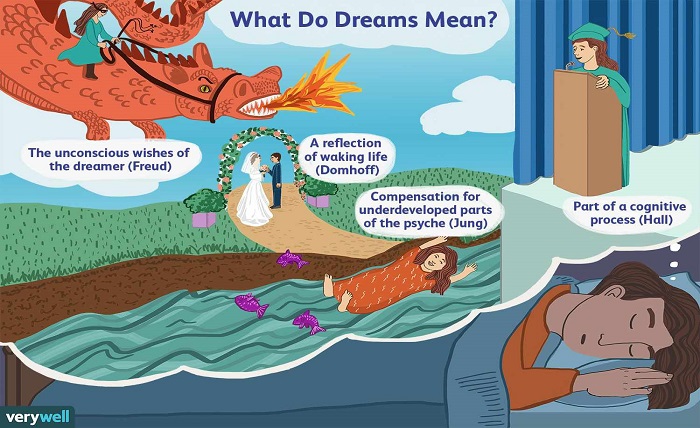Dream Definition: Unraveling the Mysteries of the Mind
Introduction
Dreams have fascinated humanity for centuries, offering a window into the subconscious mind. The definition of dreams can differ depending on cultural, psychological, and spiritual perspectives. In this article, we aim to explore the overarching concept of dream definition and its significance.
Historical Perspectives on Dreams
Throughout history, dreams have been interpreted differently by various cultures. From ancient civilizations that viewed them as divine messages to modern psychological theories, this section dives into the historical context of dream interpretation.

The Science Behind Dreaming
In recent years, science has made significant strides in understanding dreams. This section discusses the REM sleep cycle, how dreams occur, and the latest research on the brain’s activity during dreaming.
Psychological Interpretations of Dreams
Psychologists like Sigmund Freud and Carl Jung provided frameworks for understanding dreams. Here, we explore how dreams reflect unconscious desires, fears, and thoughts, including key psychological theories.
Common Themes and Symbols in Dreams
Many dreams contain recurring themes and symbols. This section breaks down some of the most common dream symbols and their potential meanings, offering insights into what your subconscious might be communicating.
Cultural and Spiritual Views on Dream Interpretation
Different cultures and spiritual beliefs offer unique interpretations of dreams. From Native American dreamcatchers to Eastern philosophies, learn about the diverse ways dreams are understood around the world.

Practical Tips for Analyzing Your Dreams
Dream analysis can provide personal insights and growth. Discover practical methods for remembering and interpreting your dreams, including keeping a dream journal and identifying patterns.
Conclusion
The Significance of Understanding Dreams Understanding dreams goes beyond simple curiosity. It provides insights into our deepest thoughts and emotions, helping us navigate our waking lives with greater awareness and intuition.
FAQs
1.What is the definition of a dream?
Dreams are involuntary narratives of images, ideas, emotions, and sensations occurring in the mind during specific stages of sleep.
2.Why do we dream?
Theories suggest dreams help with emotional processing, problem-solving, memory consolidation, and may even be a form of subconscious communication.
3.Can dreams predict the future?
While some believe in precognitive dreams, scientific evidence supporting dreams’ prediction abilities remains inconclusive.
4.What causes nightmares?
Nightmares can result from stress, anxiety, trauma, sleep disorders, medications, or even spicy foods consumed before sleep.
5.How can I improve dream recall?
To better remember dreams, maintain a consistent sleep schedule, minimize distractions before bed, and keep a dream journal.